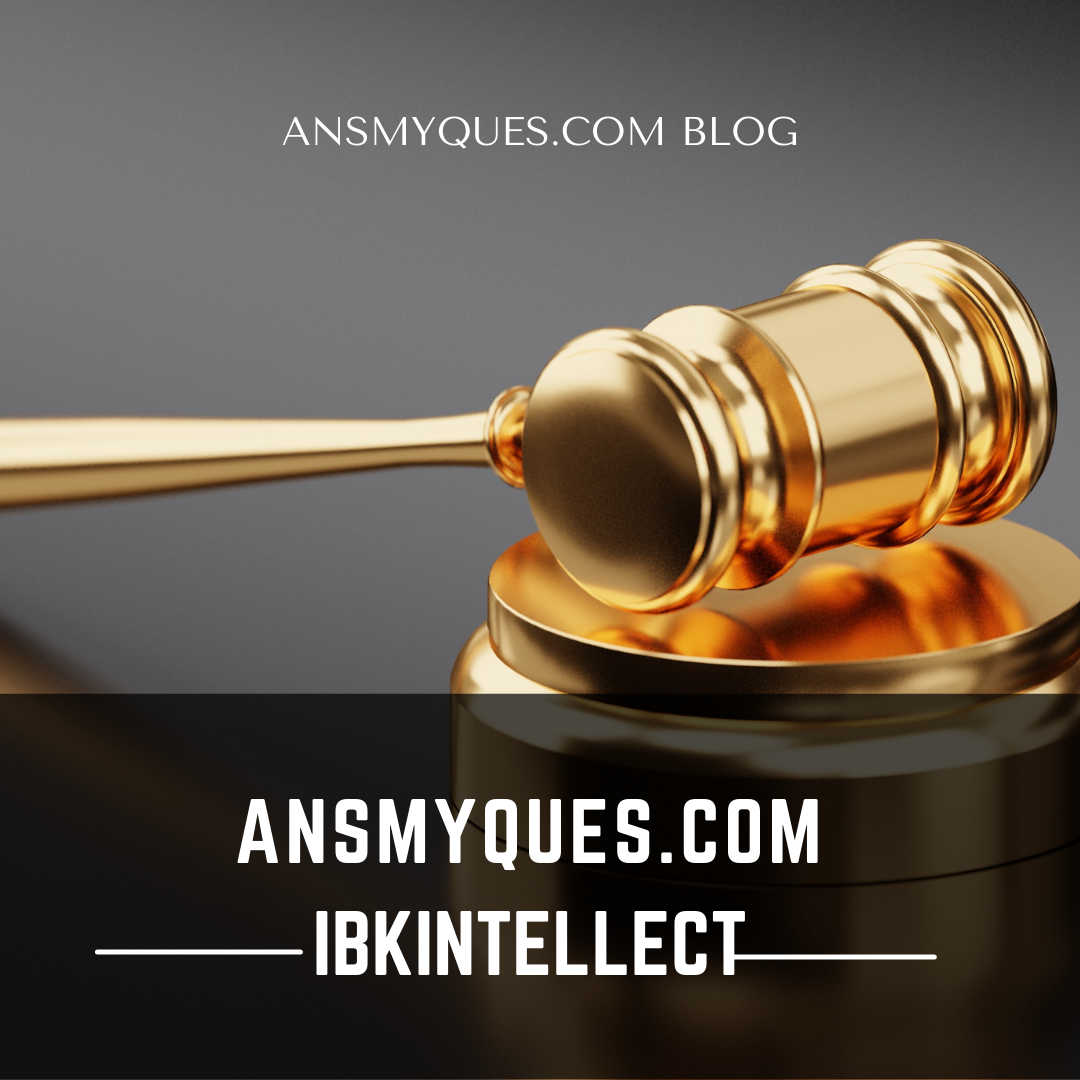Watteau v Fenwick (1893)
Brief Fact Summary Watteau v Fenwick (1893)
Watteau, the plaintiff sells goods and sold some to a manager, who manage a beer selling shop, Watteau under the belief that Humble (Agent) was actually the beer shop owner. Plaintiff got to realise that Defendant, Fenwick, was the actual owner and sought to collect from Defendant for the unpaid balance of goods purchased by Humble.
Court Judgement Watteau v Fenwick (1893)
An undisclosed principal can be held liable for the actions of an agent who is acting with an authority that is probable for a person in the agent’s position not-withstanding of whether the agent has the actual authority to do so.
Facts of Watteau v Fenwick (1893)
This case was decided in 1893, the Defendant owned a hotel-pub that employed Humble to manage the establishment. Humble was the exclusive face of the business; Humble’s name was on the bar and the license of the pub. Defendant explicitly instructed Humble not to make any purchases outside of bottled ales and mineral waters, but Humble still entered into an agreement with Plaintiff for the purchase of cigars. Plaintiff discovered that Defendant was the actual owner and brought an action to collect from Defendant.
Issue in Watteau v Fenwick (1893)
The issue is whether Defendant is liable for damages resulting from an agreement between Plaintiff and Humble, who is knowingly acting outside his actual authority as an agent for Defendant.
Court Held in Watteau v Fenwick (1893)
Defendant is liable for damages. Humble was acting with an authority that was inherently reasonable for an agent in that position. The situation is analogous to a partnership wherein one partner is silent but is still liable for actions of the partnership as a whole.
Position of Law in Watteau v Fenwick (1893)
The decision could not be based on apparent authority because the principal is disclosed under that doctrine. However, falls under usual authority which is a type of authority goes hand in hand with the agents implied authority. It is the type of authority possessed by agents employed to act for a principal in connection with matters concerning a particular trade or business or to act for the principal in the ordinary course of his trade business or profession
The principal is held liable for actions that is being carried out by the agent that are expressly forbidden by the principal, but the case limits a principal to actions of an agent that are reasonable under the circumstances i.e what a probable person will think of in the principal’s position

